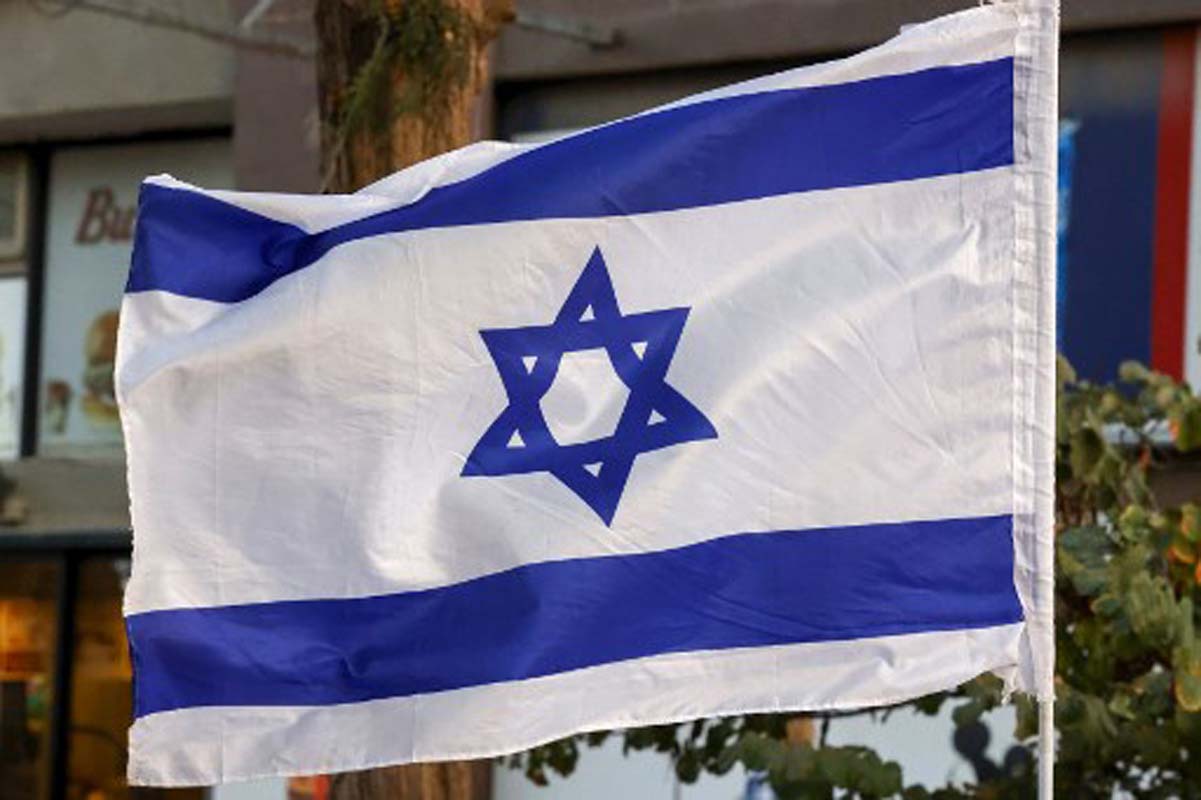
403
Sorry!!
Error! We're sorry, but the page you were
looking for doesn't exist.
Israel conducts attack on Hezbollah HQ
(MENAFN) The Israel Defense Forces (IDF) conducted a significant airstrike on Friday, targeting what they described as the underground headquarters of Hezbollah in the Dahiyeh suburb of Beirut. Eyewitness accounts and footage circulating on Lebanese media show thick black smoke billowing from the area, highlighting the intensity of the strike.
IDF spokesman Rear Admiral Daniel Hagari confirmed the military's responsibility for the bombing, emphasizing that the target was a central facility for the Shia militia located beneath a civilian neighborhood. However, he refrained from addressing speculations about whether Hezbollah leader Hassan Nasrallah was present at the time of the attack.
The timing of the airstrike was notable, as it occurred shortly after Israeli Prime Minister Benjamin Netanyahu addressed the United National General Assembly. Reports indicate that during a press conference, Netanyahu was abruptly informed of the military operation by his military aide, Major General Roman Gofman, prompting him to cut the briefing short.
Following the strike, Netanyahu’s office released a photograph of him in his New York hotel room, reportedly while issuing the order for the attack on Hezbollah's headquarters.
Al Jazeera's correspondent in Beirut described the bombing as unprecedented, noting that the explosions were "multiple, loud, and successive," striking a densely populated area where hundreds of thousands reside. This action came on the heels of a local funeral, where thousands gathered to mourn three Hezbollah members who had been killed in earlier Israeli airstrikes.
The IDF had previously claimed responsibility for the death of Mohammad Hussein Srour, also known as Abu Saleh, who was in charge of Hezbollah’s drone, cruise missile, and air-defense operations. The group later confirmed Srour's death, further escalating tensions in the region.
IDF spokesman Rear Admiral Daniel Hagari confirmed the military's responsibility for the bombing, emphasizing that the target was a central facility for the Shia militia located beneath a civilian neighborhood. However, he refrained from addressing speculations about whether Hezbollah leader Hassan Nasrallah was present at the time of the attack.
The timing of the airstrike was notable, as it occurred shortly after Israeli Prime Minister Benjamin Netanyahu addressed the United National General Assembly. Reports indicate that during a press conference, Netanyahu was abruptly informed of the military operation by his military aide, Major General Roman Gofman, prompting him to cut the briefing short.
Following the strike, Netanyahu’s office released a photograph of him in his New York hotel room, reportedly while issuing the order for the attack on Hezbollah's headquarters.
Al Jazeera's correspondent in Beirut described the bombing as unprecedented, noting that the explosions were "multiple, loud, and successive," striking a densely populated area where hundreds of thousands reside. This action came on the heels of a local funeral, where thousands gathered to mourn three Hezbollah members who had been killed in earlier Israeli airstrikes.
The IDF had previously claimed responsibility for the death of Mohammad Hussein Srour, also known as Abu Saleh, who was in charge of Hezbollah’s drone, cruise missile, and air-defense operations. The group later confirmed Srour's death, further escalating tensions in the region.

Legal Disclaimer:
MENAFN provides the information “as is” without warranty of any kind. We do not accept any responsibility or liability for the accuracy, content, images, videos, licenses, completeness, legality, or reliability of the information contained in this article. If you have any complaints or copyright issues related to this article, kindly contact the provider above.






















Comments
No comment